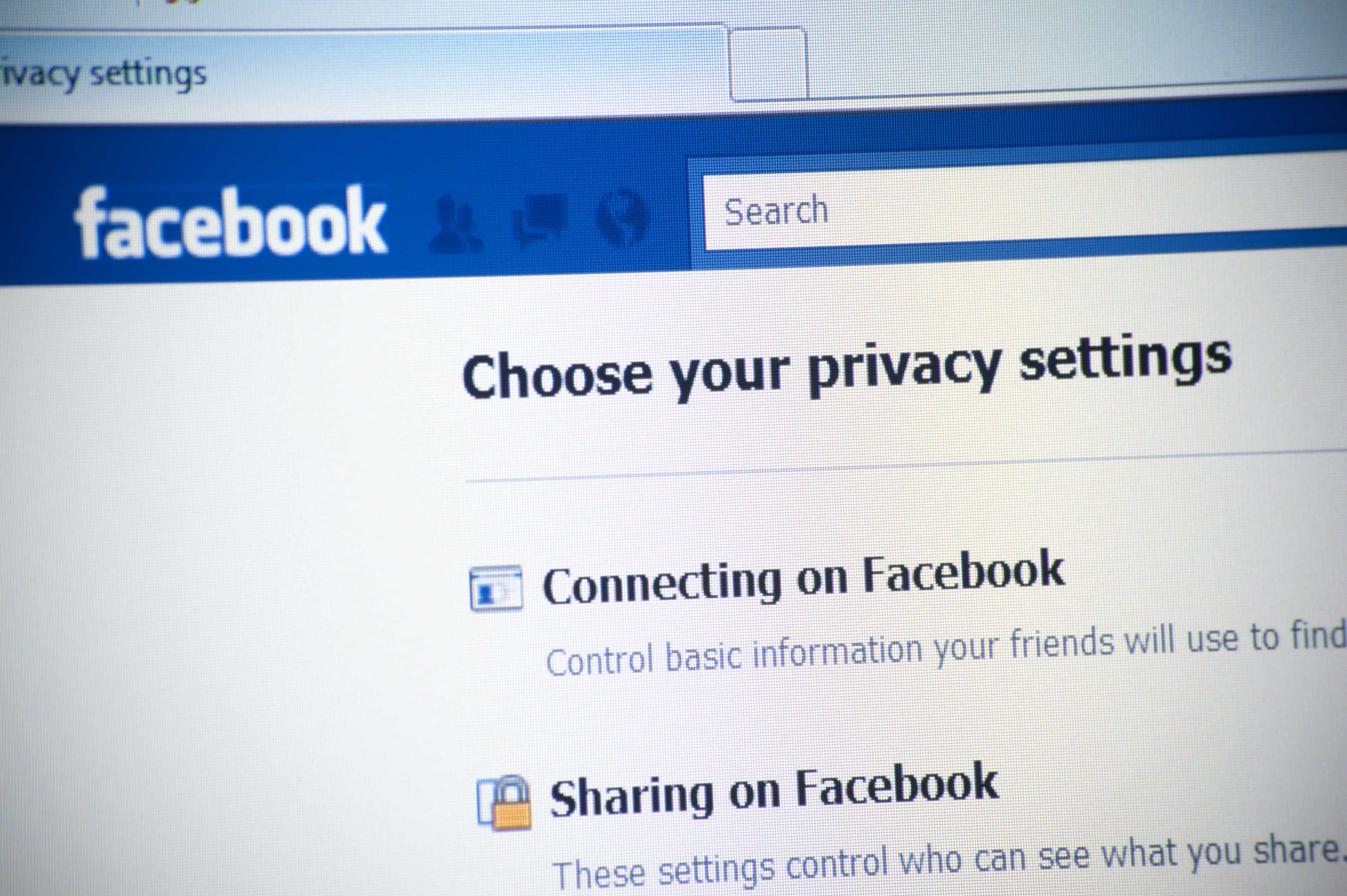In recognition of National Cyber Security Awareness Month, the College of Information Technology is delivering the second in a series of blogs to help keep you and your information safe and secure. Social media is all about sharing—sharing photos, articles, opinions and experiences. Unfortunately, that sharing can also include identity theft.
Even when we think we are being careful when deciding what information we share, we can still be vulnerable to identity theft, especially when we allow third-party applications to access our information (let’s not forget the Cambridge Analytica scandal). Information shared on social media can be used by criminals to engage in complex identity fraud schemes that are leaving record numbers of victims in their wake. This kind of fraud is on the rise, with over 16 million victims of identity fraud reported in 2017 (Pascual, Marchini, & Miller, 2018).
We need to be personally responsible for our online information and be on the alert to protect it. No matter who you are, there are people who would benefit from stealing your identity. Here are some strategies to help protect your identity when using social media:
- Exclude specific location information, birthdates and details connected with passwords or security questions from your social media profiles and posts.
- Make use of all your social media accounts’ privacy settings to ensure your information is as protected as possible.
- Use a password manager to help you generate strong passwords to protect your accounts and change your passwords regularly.
- Be careful what you agree to allow online social media games and surveys to access from your personal data.
- Keep an eye out for those phishing emails that ask for account logins. Banks and others will never ask you for your information online, no matter how urgently they claim to need it.
- Don’t fall for these scams. Don’t tag your location when you are away or announce a vacation ahead of time because it can be a signal for criminals to break into your home.
- Keep an eye on your bank and credit card account history for any suspicious activity, especially if you purchase items or game credits on social media.
You might not realize it immediately when your identity has been compromised, but remaining attentive to the details of what you’re posting or agreeing to give to third-party apps will go a long way toward keeping your information safer.
Stay alert, stay informed…stay digitally safe! For more tips to keep your information safe during National Cyber Security Awareness Month and every month, head to the Information Technology Department’s Security page. You can also read the first blog in this series, “Top 4 Ways to Keep Your Computer Safe”.



